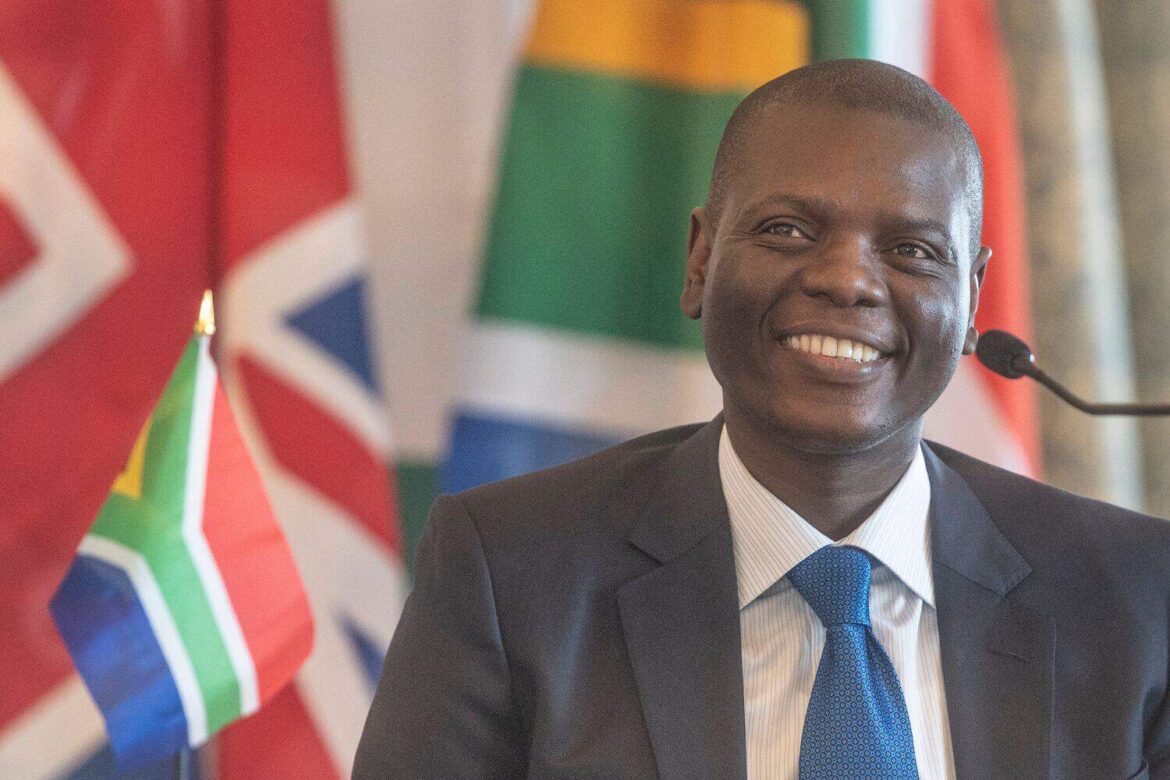As diplomatic tensions intensify, the South African government is facing mounting pressure to respond decisively to Taiwan’s refusal to comply with a request to relocate its representative office from Pretoria to Johannesburg. This development has sparked a flurry of reactions from both senior government officials and various political parties, raising the stakes in an already complex and longstanding international relationship.
At the heart of the dispute is an ultimatum issued by South Africa’s Minister of International Relations and Cooperation, Ronald Lamola. Lamola made it clear that the South African government disapproved of Taiwan’s failure to adhere to the request, which he framed as consistent with South Africa’s longstanding diplomatic principles. He reminded that South Africa severed its political and diplomatic ties with Taiwan in 1997 and that the request to relocate Taiwan’s office to Johannesburg aligns with United Nations General Assembly Resolution 2758, a globally acknowledged principle. “Relocating what will be re-branded as Trade Offices both in Taipei and in Johannesburg will reflect the non-political and non-diplomatic nature of the relationship,” Lamola stated.
The minister also explained that positioning the Trade Office in Johannesburg, the country’s economic hub, is in line with international diplomatic norms, where foreign embassies and commissions are traditionally based in capital cities. This relocation, according to Lamola, would better reflect the nature of the relationship between South Africa and Taiwan, reducing the potential for political contention.
However, Taiwan has shown a firm resistance to the request, prompting retaliatory threats that include the suspension of educational exchanges and the imposition of stricter visa regulations for South Africans. Taiwanese media outlets have reported these threats, further complicating the situation and signaling a potential deterioration in bilateral relations. The escalating tensions are raising alarms about the potential fallout, not just between South Africa and Taiwan, but also in terms of how other nations might view South Africa’s stance on the Taiwan issue.
Domestically, the situation has garnered considerable attention from various political parties. The Economic Freedom Fighters (EFF) and the MK Party have both called for Minister Lamola to provide answers regarding Taiwan’s refusal to comply with South Africa’s request. These political groups are seeking clarification on the government’s handling of the issue, emphasizing the importance of understanding South Africa’s position in the context of international diplomacy.
Meanwhile, the Referendum Party has weighed in by urging the South African government to publicly affirm Taiwan’s right to self-determination. They argue that Taiwan, as a constitutional democracy, deserves the freedom to define its relationship with the People’s Republic of China based on the collective democratic will of its citizens. This call underscores the broader geopolitical tension surrounding Taiwan’s status and its international recognition, a matter that continues to be a flashpoint in global politics.
In light of these developments, the situation remains fluid, with diplomatic maneuvering intensifying. In October, the Taipei Times reported that Taiwan’s Ministry of Foreign Affairs has not ruled out the possibility of demanding that South Africa relocate its representative office outside of Taipei in retaliation for South Africa’s ultimatum. This would add another layer of complexity to the already strained relations between the two nations.
The South African government’s stance on Taiwan has evolved over the years, with its firm adherence to UN Resolution 2758 and the “One China” policy, which underpins South Africa’s official position on Taiwan. This culminated in April 2024 when the South African government officially demanded that Taiwan’s representative office move from Pretoria to Johannesburg. As diplomatic negotiations continue, the outcome of this dispute will likely have far-reaching implications for South Africa’s foreign policy, its international alliances, and the broader geopolitical landscape.
This unfolding situation raises profound questions about the intricacies of international law, the principle of self-determination, and the delicate balance that nations must maintain when navigating complex diplomatic relationships. With both sides entrenched in their positions, the next steps in this dispute will likely set the tone for South Africa’s role in global diplomacy moving forward.
